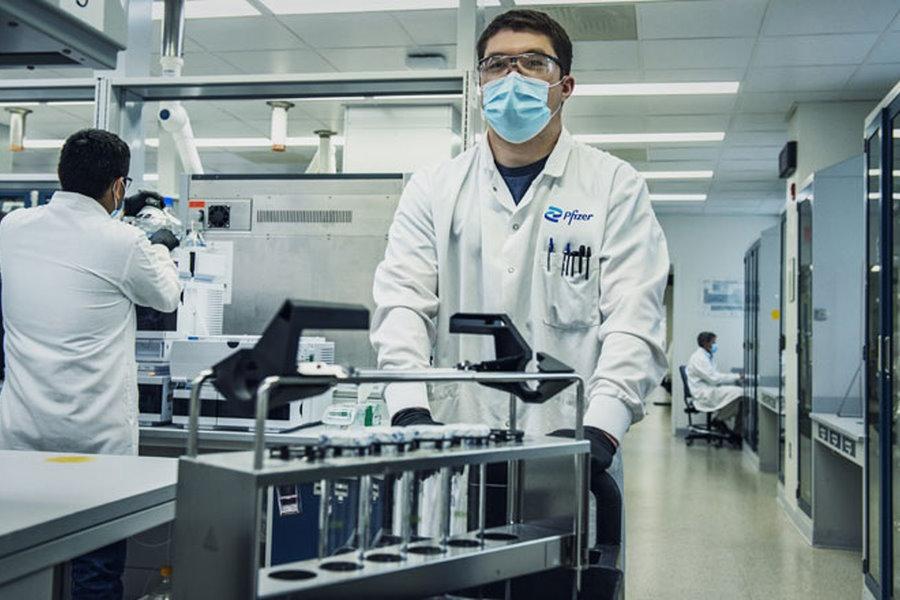After FDA nod, Pfizer joins GSK in RSV vaccine market

The FDA has approved Pfizer’s respiratory syncytial virus (RSV) vaccine for older adults, just a few weeks after a rival shot from GSK became the first to be cleared in the US.
Pfizer’s vaccine – called Abrysvo – is indicated for the prevention of lower respiratory tract disease caused by RSV in individuals 60 years and older, the same label that the FDA gave to GSK’s Arexvy in early May.
Both vaccines should be available for use in the older adult population in the autumn, in time for the 2023-2024 RSV season – subject to recommendations from the US Centers for Disease Control and Prevention (CDC) and its vaccine advisers, who are due to meet on 21st June.
The CDC’s Advisory Committee on Immunization Practices (ACIP) will give recommendations on how the vaccines should be used in practice, after reviewing their safety and efficacy results, including data on co-administration with flu vaccines, as well as cost-effectiveness modelling. The agency sets the immunisation schedules for adults and children in the US.
At stake is an RSV vaccine market that has been estimated to be worth somewhere between $5 billion and $10 billion a year worldwide. Other rivals, including Moderna and Bavarian Nordic, are nipping at GSK and Pfizer’s heels with vaccines in late-stage development.
In a statement on the approval, Pfizer said that between 60,000 and 160,000 older adults are hospitalised with RSV each year in the US, and between 6,000 and 10,000 die as a result of the infection. People with underlying health conditions, such as heart or lung disease, or who are immunocompromised, are at the highest risk of severe complications.
“A vaccine to help prevent RSV had been an elusive public health goal for more than half a century,” said Annaliesa Anderson, Pfizer’s chief scientific officer. “Abrysvo will address a need to help protect older adults against the potentially serious consequences of RSV disease.”
The approval of Abrysvo is based on the RENOIR trial, which revealed 66.7% efficacy for Abrysvo in preventing RSV-related respiratory tract infections with two or more symptoms, and 85.7% efficacy for three or more symptoms. Pfizer has also completed a study showing no impact on the efficacy and safety of either Abrysvo or flu vaccines if the shots are given together.
GSK’s data with Arexvy, from the AReSVi-006 trial, appeared to show slightly higher efficacy, with the caveat that comparing results from studies with different protocols is challenging.
FDA advisors seemed more convinced by the results with Arexvy, voting more strongly in favour of both the efficacy and safety of GSK’s jab. There were some safety concerns with both vaccines, however, notably Guillain-Barré syndrome and, in the case of GSK’s shot, acute disseminated encephalomyelitis (ADEM) seen when it was administered alongside a quadrivalent flu vaccine.
One area where Pfizer is out in front is in use of Abrysvo as a maternal vaccination to prevent RSV disease in newborns. FDA advisors recommended approval of that use last month, while GSK was forced to abandon clinical trials of Arexvy in this setting on concerns about a higher rate of preterm births and neonatal deaths in the immunised group compared to placebo.
Pfizer said it is also planning trials of its vaccine in healthy children aged two to five, children aged five to 18 with underlying medical conditions, adults ages 18-60 at high-risk due to underlying medical conditions, and adults ages 18 and older who are immunocompromised and at high-risk for RSV.













